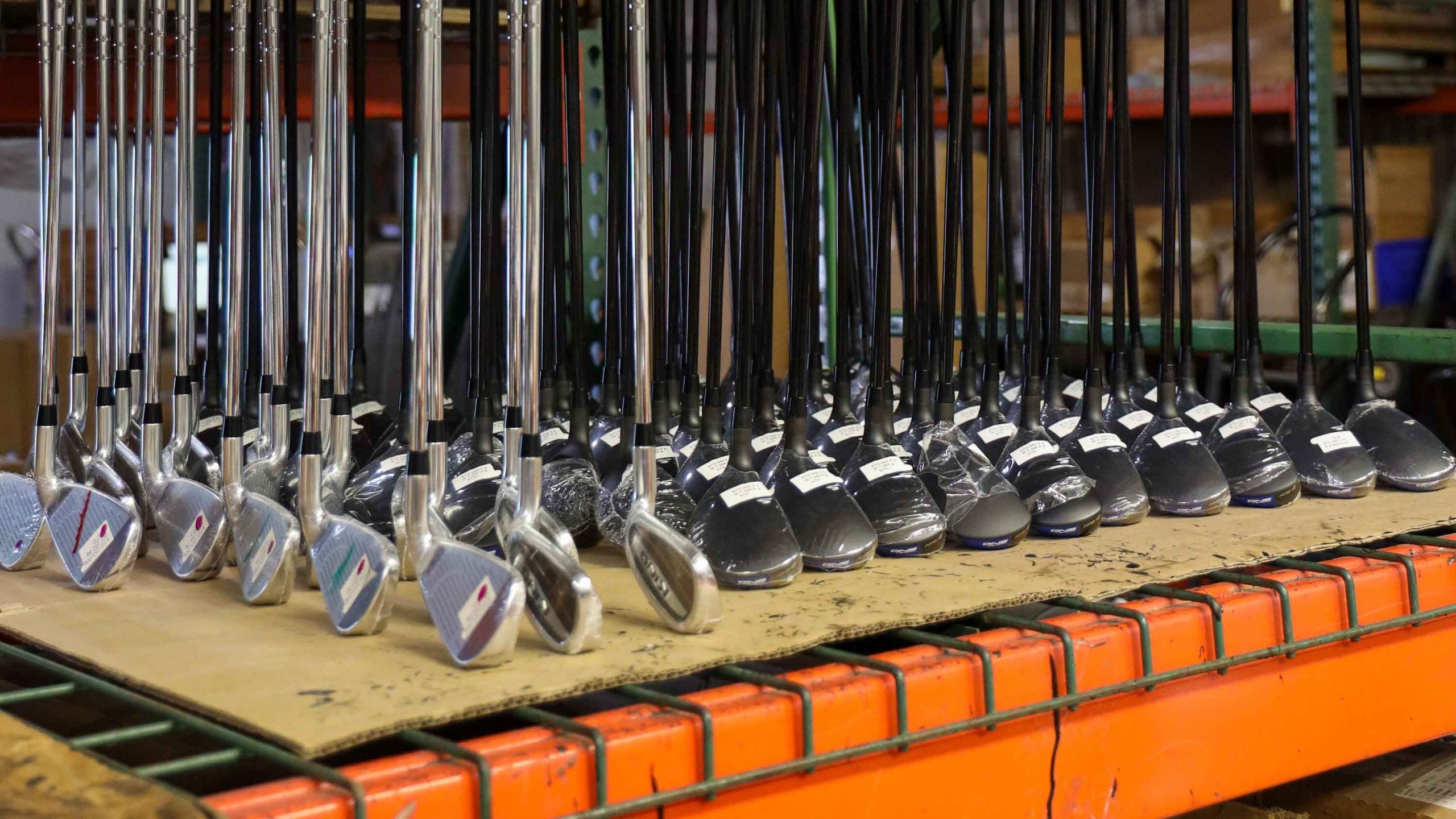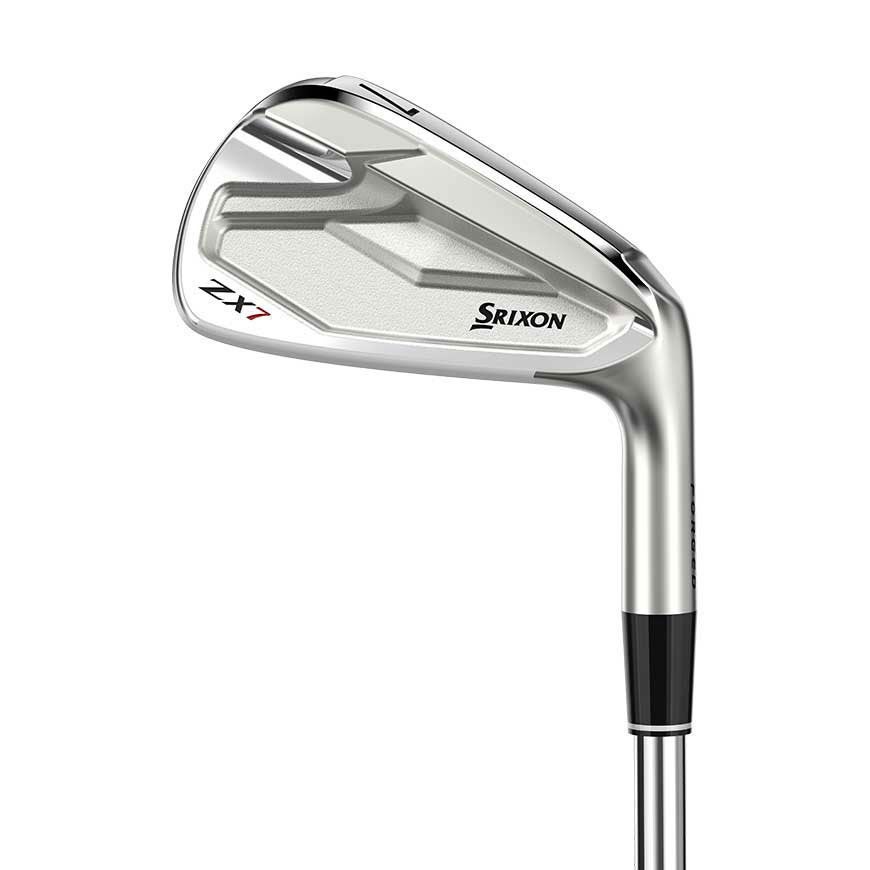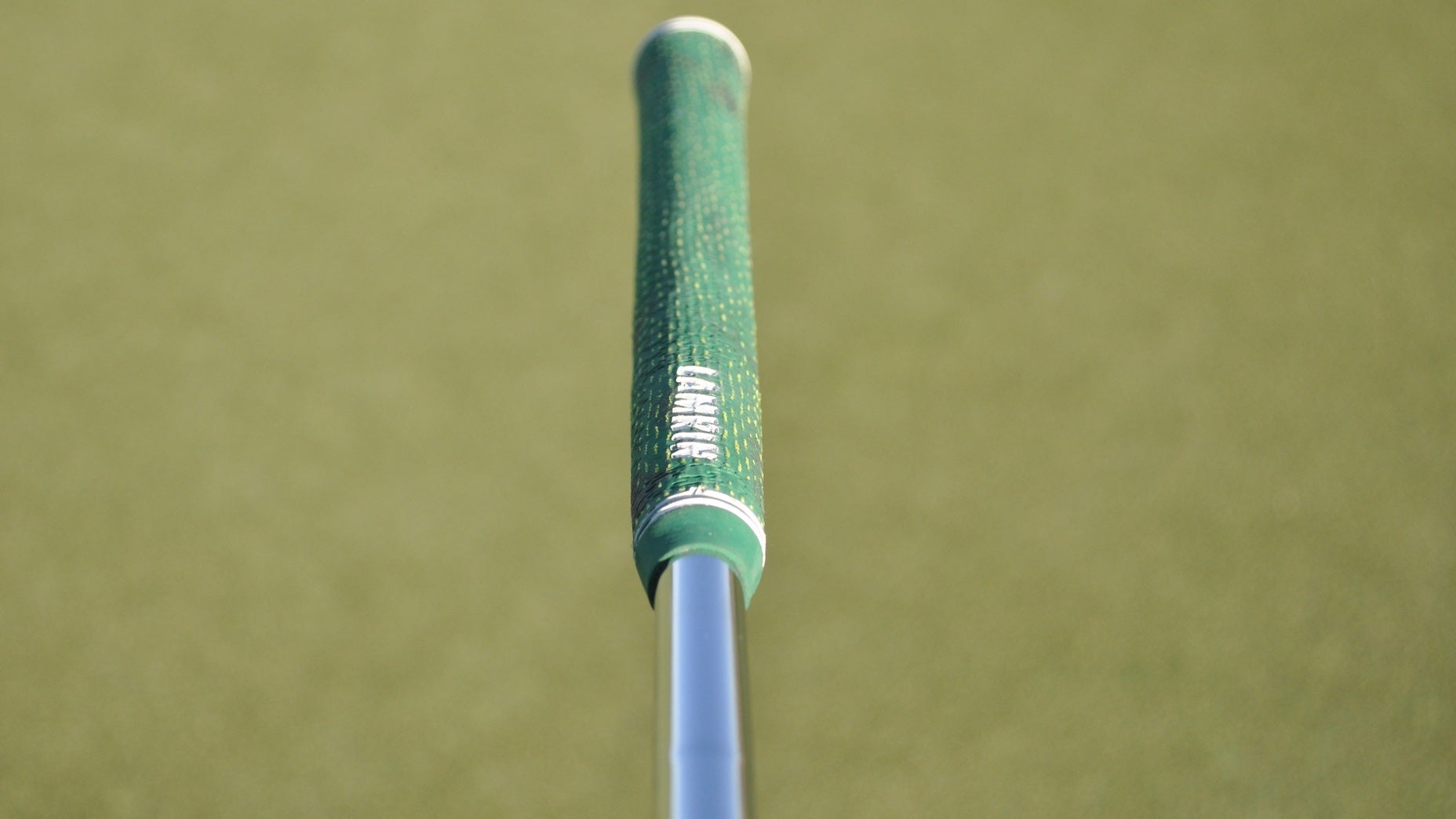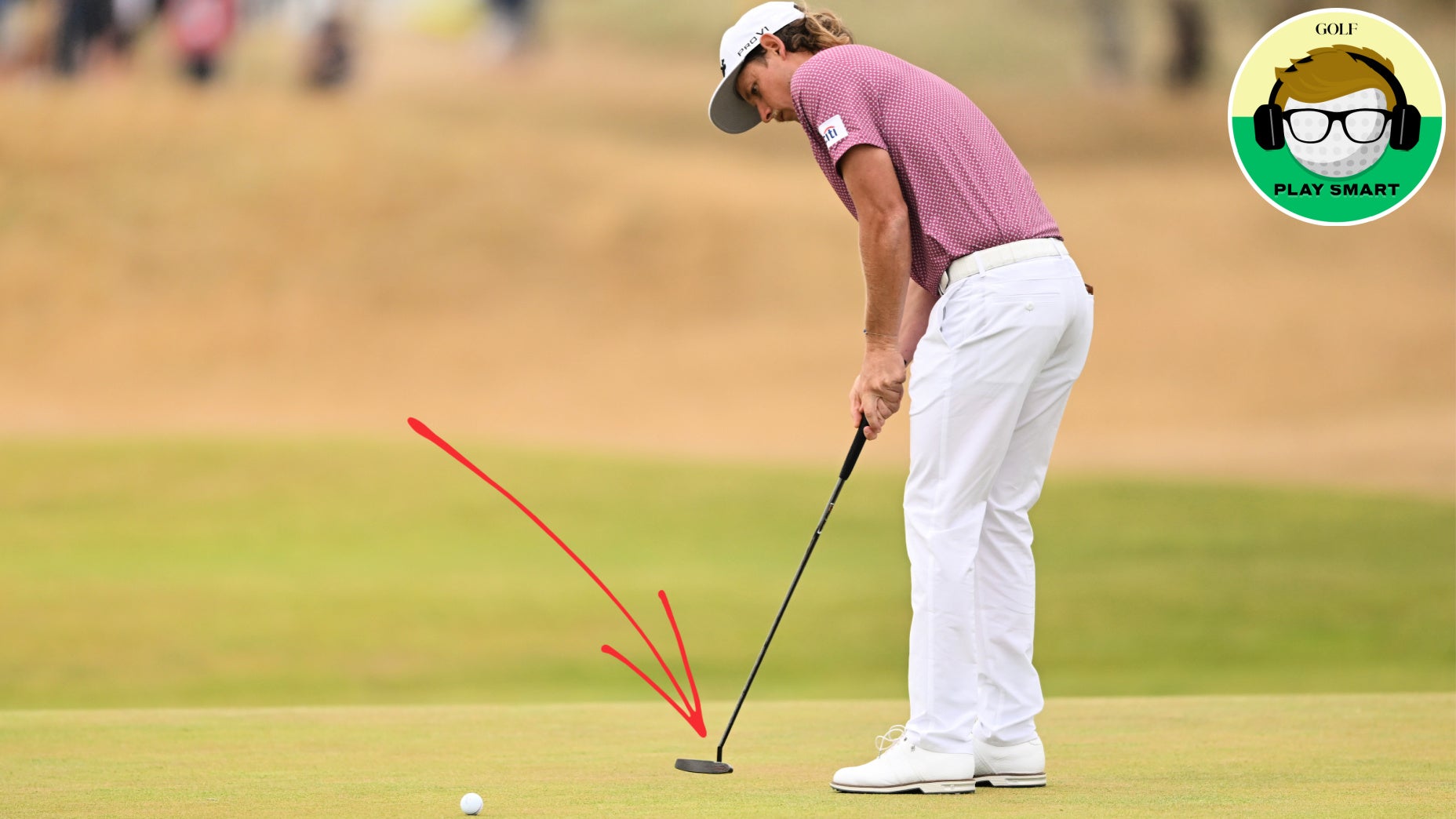
Are you playing the exact same clubs that your favorite player uses?
Getty Images
Welcome to Gear Questions You’re Afraid to Ask, a GOLF.com series produced in partnership with Cleveland/Srixon Golf.
Is there really that big a difference between a tour player’s golf bag and my own? – Boaz W., Arizona
You ask a good question, primarily because tour player usage is still a major influencer when it comes to how clubs are marketed and sold. Equipment manufacturers still shell out big dollars to top players to play certain clubs because they think the general public will want to play the same clubs tour players use. The answer to your question though, isn’t all that simple.
It depends on the player. It’s possible your favorite golfer does use some or all of the same clubs you have, but odds are they’ve been tweaked ever so slightly (sometimes more than slightly) to meet his or her precise demands.
This is what tour issue equipment and tour vans are all about. “Tour issue” means it’s either specifically designed for a specific tour player or group of players who want particular club characteristics that don’t necessarily correlate with the features and benefits that most recreational players are looking for. This could mean a clubhead with a smaller profile, a higher center of gravity, an open face angle–features that will not be popular for the golfing masses. Tour vans are also at the ready at tournaments every week to help professionals tweak their gear even further with custom shafts, hosel bends and configurations that again, meet the precise demands of competitive players.
That said, we’re not saying every piece of gear used by tour players is tour issue. Sometimes you’ll come across a player using the exact same driver, wood, hybrid, iron, wedge, or putter than you can buy at your favorite golf retailer. But even still, it’s almost always customized in some way. We’ve held dozens (hundreds, maybe) of tour players’ clubs in our hands, and have taken notice of a few defining characteristics in both the tour issue and stock issue gear that they use.
All of our market picks are independently selected and curated by the editorial team. If you buy a linked product, GOLF.COM may earn a fee. Pricing may vary.
Let’s look at a few things we’ve noticed that maybe you can learn from:
They take their grips very seriously
Tour players are sticklers about their grips. This means that not only are they super choosey about the grip models they choose, they pay careful to wear and tear and ensuring they always have excellent traction. They’re also very particular about weight and diameter and the number of wraps below the grip. It’s not rare to see a player’s grip with multiple layers of tape underneath the lower half of the grip to reduce tapering. And, we’ve also seen far more thick/midsized grips than we’ve seen skinny ones.
Their putters are perfectly fit to their strokes
For whatever reason, putter fitting hasn’t caught on as much as it should with amateur players. Tour professionals almost unanimously use putters that are fit precisely for his/her stroke, posture and tendencies. And while they may change things up on occasion, when they do there’s always intentionality behind every change they make. The moral here? Everyone should get fit for a putter. And not just once, but every time you have the itch to try a new flatstick.
They use clubs that are precisely distance-gapped
One of the biggest misses we as amateurs make when assembling our bags is we overlook how important it is to evenly space the distances we produce from club to club. Where tour players really get things right is in their selections for hybrids/scoring irons. Depending on what they choose, they pick a make and model that fills the gap perfectly between their woods and irons, even if it means the loft on their hybrids/scoring irons don’t follow the 4-degree standard you’d normally find from one club to the next. Again, that’s something we all need to do. Picking clubs by loft gaps alone isn’t enough.
They don’t adjust much
The inclination to tinker with adjustable weights and adjustable hosel sleeves can be tempting, especially when you’re not hitting things well. But truth is, frequent modifications to clubs with adjustable features is pretty rare among better players. They tend to reserve weight and hosel configurations to the fitting process and rarely do we ever see an adjustment made before, during or after a practice session.
Some shafts and clubheads are in fact, darn near impossible to buy
As mentioned, sometimes we come across a tour issue club or component that unless you know someone on the inside, are virtually impossible to find out in the wild. This could be a fairway wood with a high CG or a wedge that is 2-degrees flat that has a negative-bounce sole. Whatever it is, tour issue stuff is relegated to tour players for a reason, and not something the majority of players should be concerned with anyway.
Want to overhaul your bag for 2022? Find a fitting location near you at GOLF’s affiliate company True Spec Golf. For more on the latest gear news and information, check out our latest Fully Equipped podcast below!










